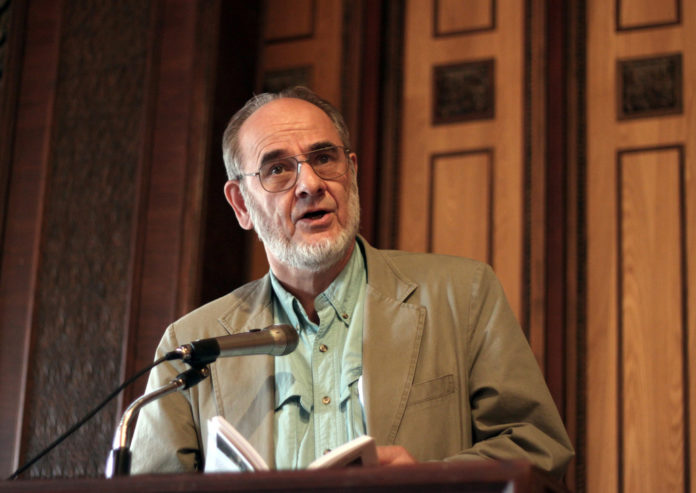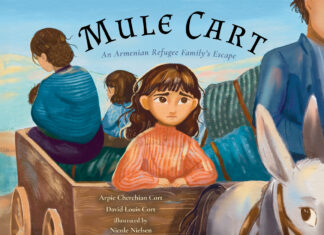By Alan Whitehorn
In recent years, April has often been described as the month of genocidal mourning for Armenians, Jews and Rwandans. Today we read the stark headlines and watch the horrific images of thousands of Ukrainian civilians killed by Russian armed forces in Moscow’s war of aggression against Kyiv. So many unarmed ordinary citizens targeted in Bucha, Mariupol and other cities. We agonize as to how and why such malevolent acts can occur in the 21st century.
How does one ‘think about the unthinkable?’ How does one ‘describe the indescribable?’ What overarching descriptive terms should we use? What can we do to help those suffering from such mass violence and severe trauma? So many of us feel overwhelmed. We are confronted by analytical and moral challenges in trying to understand war and genocide. Raphael Lemkin, the founder of the concept of genocide, observed that genocide occurred in history before the word was even created in the 1940s. The history of humans has been marked by episodes of great cruelty and mass killings, where groups that were perceived as different were targeted for persecution and slaughter. These violent and brutalizing acts often occurred during war.
While formulated at different times in history, the three legal terms – war crimes, crimes against humanity and genocide – are interrelated and overlap. They constitute key foundational pillars in international law relating to mass atrocity crimes. War was the common feature in the emergence of all three concepts.
The concept of war crimes arose from the Hague conferences in Europe in the late 19th and early 20th centuries. These sessions sought to regulate the conduct of war in modern times, with its increasingly lethal weaponry. The 1907 Hague convention recognized the principle of the “laws of humanity” and the “laws and customs of war” that had been “established among civilized peoples”. Amongst the acts prohibited were: the deliberate harming of unarmed civilians, inhumane treatment, torture, compulsory slave labour, and willful killing of civilians.
The concept of ‘crimes against humanity’ emerged in 1915 during World War I, when the British, French and Tsarist Russian governments issued a formal joint international declaration that warned the ‘Young Turk’ government about the mass deportations and massacres of Armenians within the Ottoman Empire. Earlier massacres had occurred in the late 19th and early 20th centuries, despite repeated protests from European governments.








